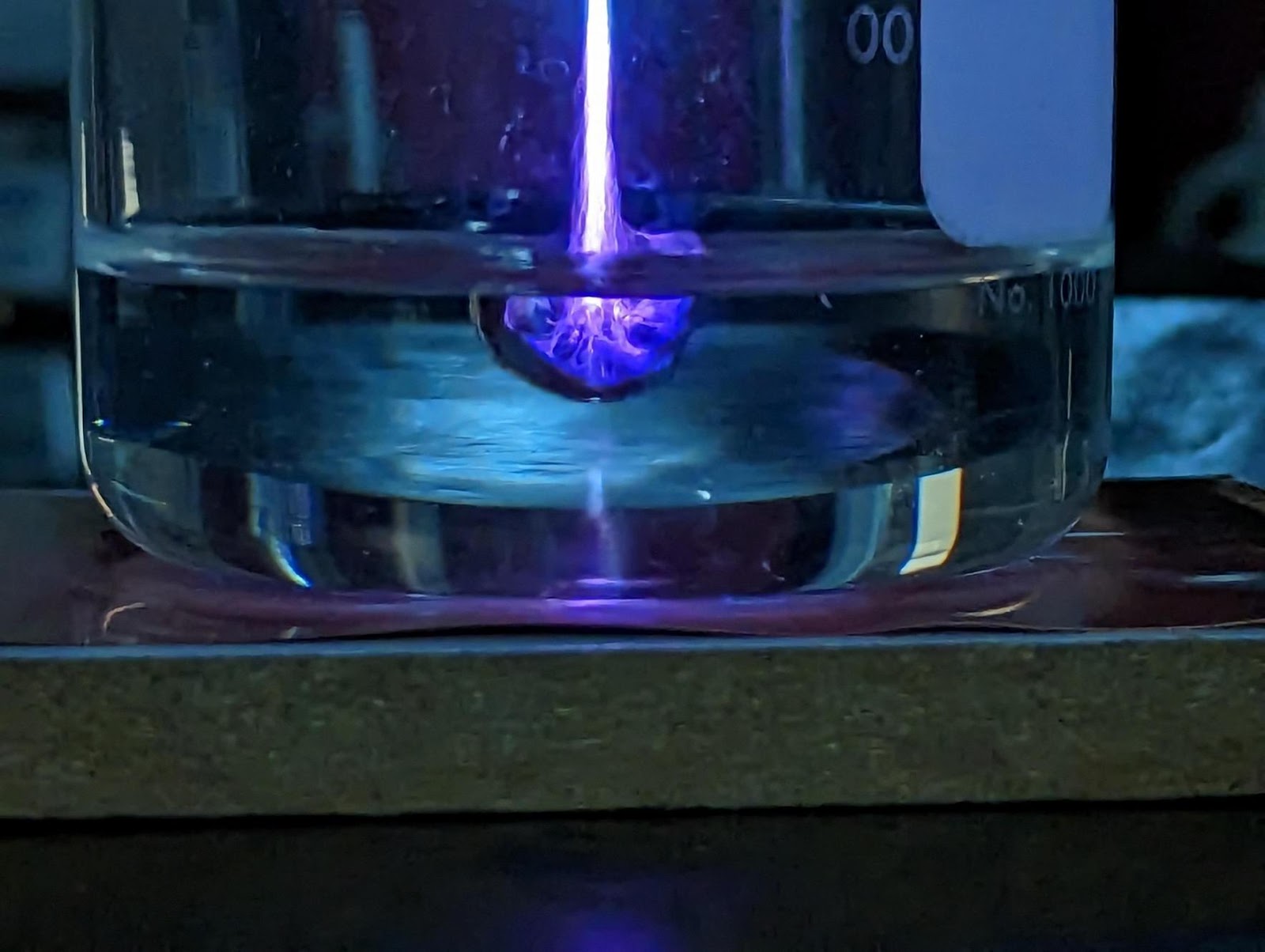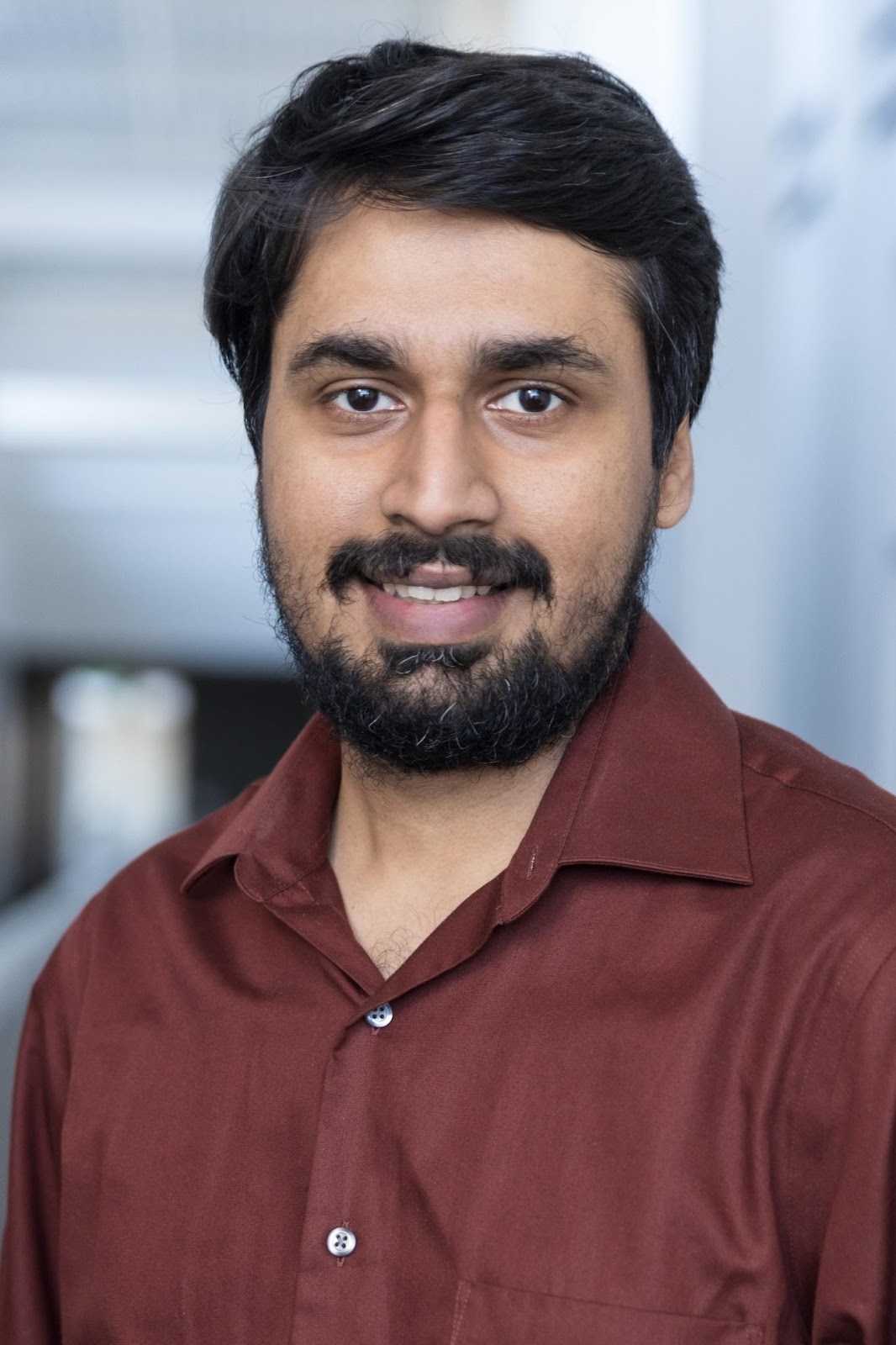Interdisciplinary Speaker Series - Venkattraman Ayyaswamy
Versatility of low-temperature plasmas: From tunable electronics to agriculture

Abstract
Non-equilibrium or low-temperature plasmas have always been known as extremely versatile enabling tools - thanks to their unique physical and chemical properties. A non-exhaustive list of their state-of-the-art applications includes nano/microscale materials processing, electronics, medicine, and food/water/energy systems to name a few. With the growing emphasis on electrification (as opposed to thermally driven) of various physical/chemical processes, the compelling need to understand and optimize the behavior of low-temperature plasmas cannot be overstated. This talk will summarize the recent work of our group using three representative examples ranging from fundamental to applied plasma science and engineering. Specifically, the talk will focus on our efforts to advance the understanding of atmospheric pressure microplasmas using a combination of approaches including both computational and physical experiments. The first part of this talk will focus on kinetic simulations of microplasmas ignited at microwave frequencies with emphasis on the electron kinetics, heating modes and their dependence on ignition frequency. An improved understanding of electron dynamics is crucial to optimizing the operation of these devices. The second part of the talk will focus on the utility of continuum simulations to study the impedance characteristics of microplasmas. Specifically, it is demonstrated that a given microplasma device can serve either as an inductor or a capacitor depending on the signal frequency thereby paving the way for tunable microplasma-based electronics. Finally, our experimental efforts on the role of atmospheric pressure microplasmas on irrigation water treatment and nutrient delivery is presented.
Speaker Biography
Venkattraman Ayyaswamy is currently an Associate Professor and Undergraduate Program Chair in the Department of Mechanical Engineering at the University of California, Merced. He leads a group with interests in the broad area of non-continuum fluid mechanics and plasma science and engineering. His group has developed SOMAFOAM, which is a free and open source software (FOSS) for fluid modeling of low-temperature plasmas. An aerospace engineer by training, he received his PhD in Aero & Astro from Purdue University in 2012 after receiving his Master’s (also from Purdue) in 2009. Prior to coming to the US for graduate education, he got his Bachelor’s degree from the Indian Institute of Technology (IIT) Madras in 2007. Before his current position, he held visiting faculty appointments at Purdue as well as IIT Madras. He also spent a summer at the Lawrence Livermore National Lab during his graduate school. Venkatt is a recipient of the Hellman Foundation Fellowship, Ramanujan Fellowship (by the Department of Science and Technology (India)), Purdue’s finalist for the Chorafas Foundation Awards, Magoon Award for Excellence in Teaching as well as a Young Engineer Fellowship from the Indian Institute of Science.
